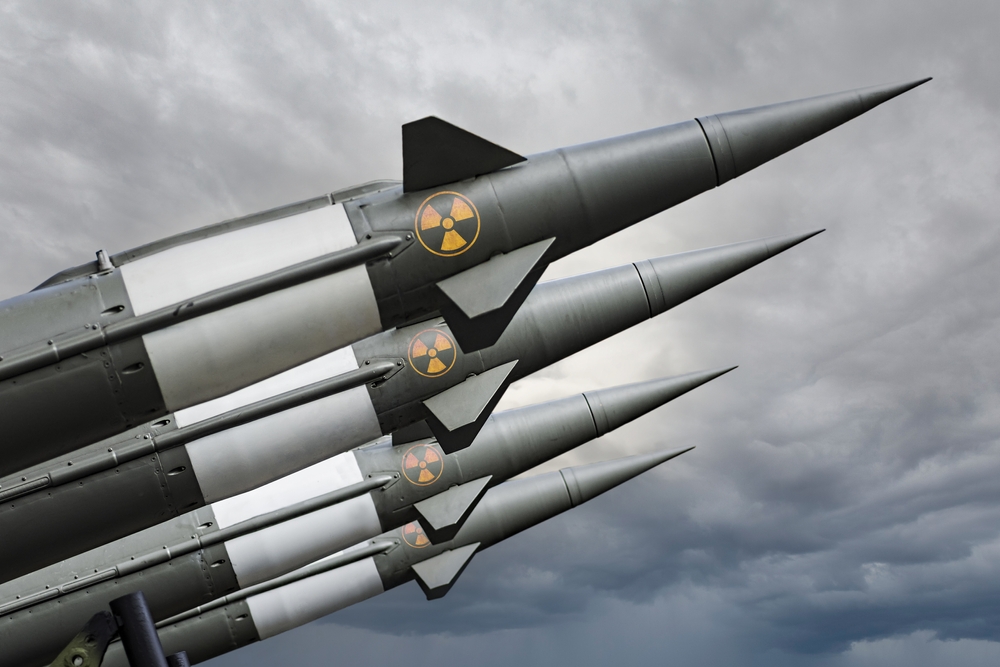It’s unclear how the documents were leaked or whether additional sensitive materials might emerge.
Others are reading now
The U.S. government has launched an investigation into the leak of highly classified documents revealing Israel’s potential military response to Iran.
Israel Possesses Nuclear Weapons
Among the leaked materials is a significant revelation: confirmation that Israel possesses nuclear weapons — something long suspected but never officially acknowledged.
The leaked documents have caused alarm among U.S. officials, with one describing the situation as “deeply troubling.”
The documents, dated October 15 and 16, surfaced on Telegram via a channel called “Middle East Spectator.” These materials were marked as top secret and restricted to the U.S. and its allies in the “Five Eyes” intelligence network, which includes the U.S., UK, Canada, Australia, and New Zealand.
Also read
Such Leaks Could Erode Trust Between the U.S. and Israel
One of the documents, produced by the U.S. National Geospatial-Intelligence Agency, details Israel’s movements of ammunition in preparation for a potential strike on Iran.
Another document from the National Security Agency discusses Israeli Air Force exercises involving air-to-ground missiles, suggesting preparations for military action against Iran, according to Digi24.
The leak occurs at a sensitive time in U.S.-Israel relations, particularly as tensions with Iran remain high following recent rocket attacks. Former U.S. Deputy Assistant Secretary of Defense Mick Mulroy expressed concern that such leaks could erode trust between the U.S. and Israel, potentially affecting future cooperation.
It’s unclear how the documents were leaked or whether additional sensitive materials might emerge. U.S. officials have also noted the ongoing risk of hacking campaigns by Iran, which has previously targeted American figures and institutions.
As of now, neither the Pentagon nor the National Security Agency has offered further comment

